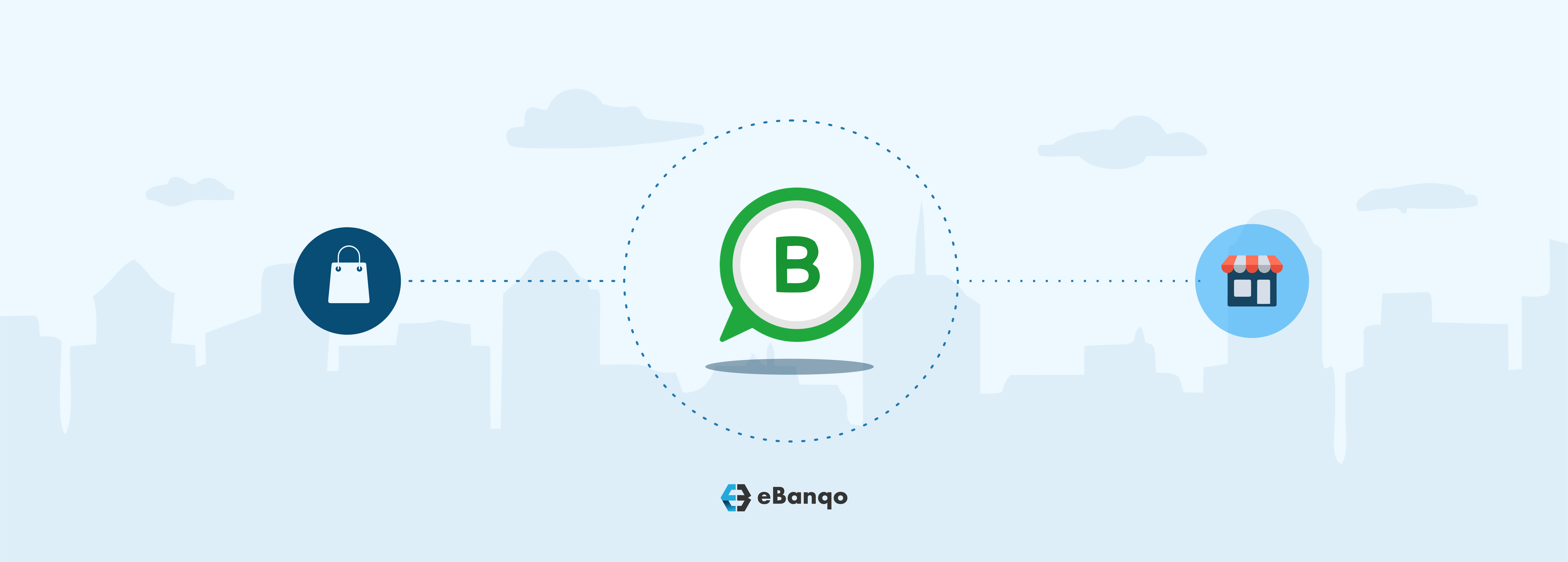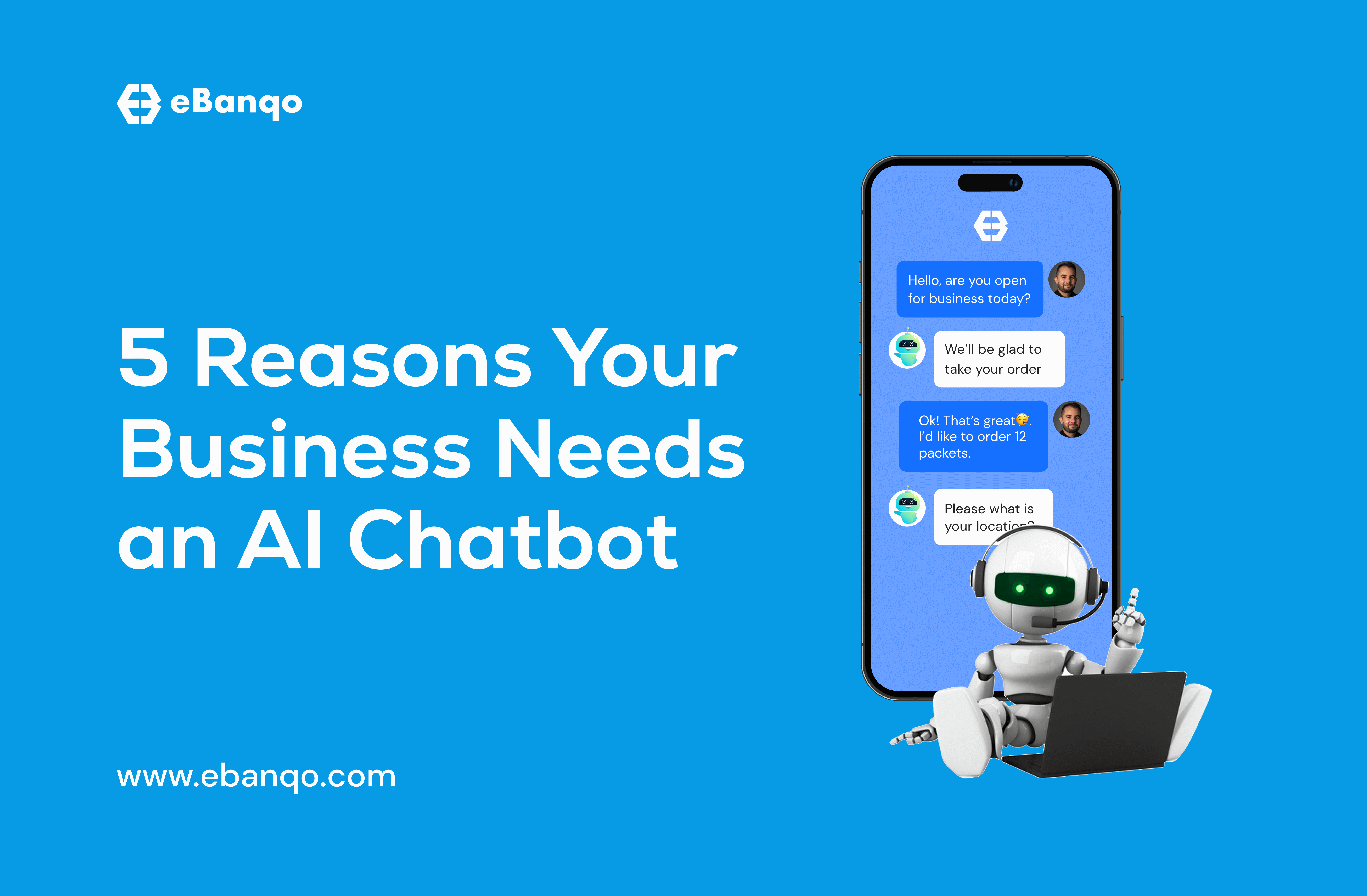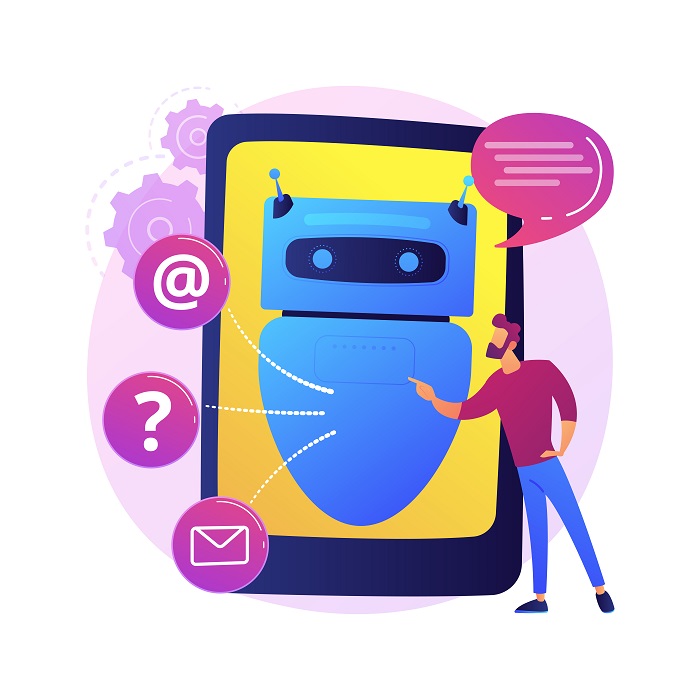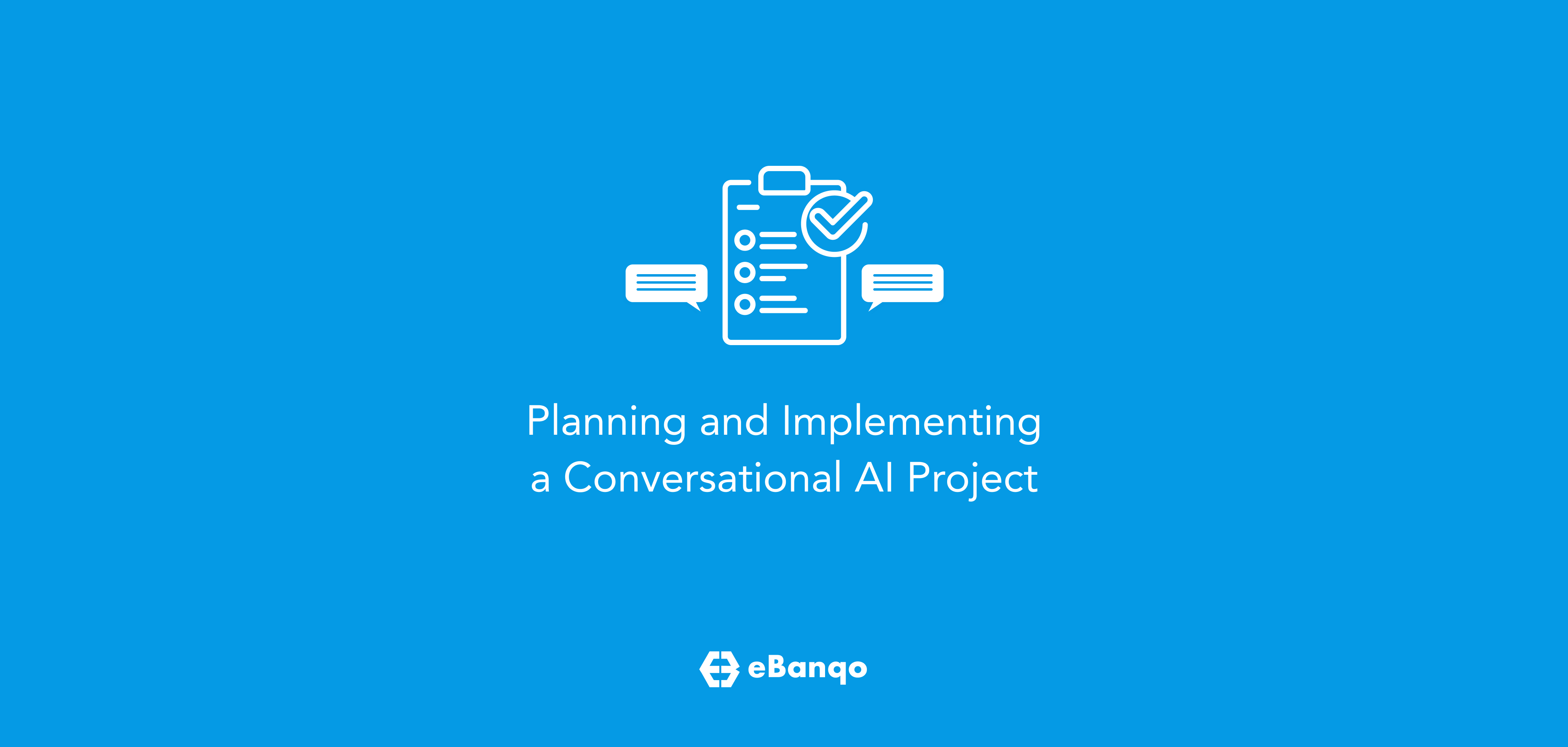
We’d have loved to start this article with “WhatsApp holds a lot of potential for businesses”. But that’s not true. Why? A lot of businesses are already active on WhatsApp (5 million businesses use WhatsApp business alone) showing that they know the value of WhatsApp. So instead, we will focus on sharing actionable tips on how to leverage WhatsApp for your business.
Here’s what we’ll cover:
- What is WhatsApp for business
- WhatsApp business App vs. WhatsApp Business API
- WhatsApp for customer service
- WhatsApp for sales/conversational Commerce on WhatsApp
- Services you can offer on WhatsApp
What is WhatsApp for business and how does it work?
When we say WhatsApp for business, we’re referring to the process of using WhatsApp to sell your products/ services and provide customer service. When talking about the different ways your customers can interact with you on the app, WhatsApp’s 2016’s announcement is still apt:
Starting this year, we will test tools that allow you to use WhatsApp to communicate with businesses and organizations that you want to hear from. That could mean communicating with your bank about whether a recent transaction was fraudulent, or with an airline about a delayed flight. We all get these messages elsewhere today — through text messages and phone calls — so we want to test new tools to make this easier to do on WhatsApp, while still giving you an experience without third-party ads and spam.
Now that we’ve explained the possible interactions you can have with customers on WhatsApp, let’s explore the two WhatsApp products that make these conversations possible: WhatsApp Business App and WhatsApp Business API.
What is the difference between WhatsApp Business App and WhatsApp Business?
What is WhatsApp business app?
WhatsApp Business App is a separate application for small business owners. With it, you can set up your business profile, create a catalog and chat with customers and prospects.
Other features of WhatsApp Business App:
- QR Codes: A QR code makes it easier for customers and prospects to message you. It can be shared with all your contacts or pasted on your storefront, shopping bag or other surfaces. When creating a QR code, you can create a custom (but editable) message that displays on a prospects’ screen once the code is scanned.
- Catalog: Using the catalog, you can display pictures of your products, prices and other information. You can also share the link to the catalog or a specific product in your catalog outside WhatsApp, increasing your reach and making it easier for prospective customers to buy from you.
- Business profile: Business Profile enables you to get information about your business such as business name, email, phone number and website address.
- Automated Messaging: Automated responses give your customers a response when you’re unavailable. You can set greetings or opening messages that are triggered once a customer sends you a message. To save time, create a set of reusable answers for recurring questions. This is known as Quick replies. You can easily access your quick replies by creating shortcuts to reach them within the app.
WhatsApp Business App is fantastic for a small business just starting out. It is not suitable for businesses that have bigger operations or require additional customization. This is the gap WhatsApp Business API fills.
What is WhatsApp for Business API?
WhatsApp Business API is best for enterprises who want to build a custom experience on WhatsApp. The beauty of WhatsApp Business API is that you can use a WhatsApp chatbot for different tasks like automating customer service – automated answers to questions, self-service – sales of products or services and customer onboarding. The possibility is endless.
The average user opens WhatsApp 23- 25 times daily and spends around twenty-eight minutes on the app, it is therefore ideal for sending notifications, alerts and reminders. Where necessary, you can include attachments like videos and images that facilitate communication.
Here are other things you need to know about WhatsApp Business API:
Costs: WhatsApp’s API is available to only a select group of partners. These partners charge a one-off integration fee for the configuration and set-up. In addition to the messaging fees WhatsApp charges, they charge a tiny sum based on the number of messages sent. WhatsApp’s messaging fee is affordable and only applies if you respond to a customer’s query twenty-four hours after the chat was initiated by the customer. These charges differ based on country.
Getting started: Setting up a WhatsApp business API isn’t difficult. The first step is to set up a Facebook business account and verify your business documents. Your in-house development team can now begin the implementation process. In the absence of in-house developers, you can partner with providers like eBanqo. eBanqo handles the entire development process on your behalf.
Remember that WhatsApp API is just an API and doesn’t include an app to chat with customers. But on eBanqo’s platform, you can respond to WhatsApp messages as well as messages from other messaging platforms from a single dashboard. WhatsApp business API is flexible. It allows you to integrate your backend systems like CRM into it which helps your customers perform diverse tasks like purchases and payments on the platform.
At Go-live, actively explore the ways you can get your customers to engage with you on the platform. An easy way is to place the WhatsApp widget on your website. A second option is to run Ads that open on WhatsApp.
Differences Between WhatsApp Business App and WhatsApp Business API
- WhatsApp Business App does not require verification while Business API does.
- WhatsApp Business App is built for one user but the Business API allows unlimited users.
- Backend systems cannot be integrated into Business App. You can however business tools like CRMs into Business API.
- While Business App is built specifically for small businesses who want to use WhatsApp for business, Business API is built for large businesses who want to interact with a large customer base at scale.
- You cannot customize features on WhatsApp Business App but with WhatsApp Business API, you can customize features to meet business requirements.
Using WhatsApp for Customer service
Why is WhatsApp ideal for customer service?
- WhatsApp is the most popular messaging app in the world boasting 2 billion users. If you operate in emerging markets in Africa and Asia, it’s necessary to use WhatsApp for customer service, as a bulk of the population is active on the platform.
- WhatsApp works with low internet speed, making it ideal for businesses who offer social care in places with poor internet coverage.
- WhatsApp is a multimedia platform, offering several ways to communicate within the app. You can exchange audio messages (known as voice notes) which substitute for phone calls, also share files and videos in real-time. These combine to make issue resolution efficient and faster.
- WhatsApp has a high engagement rate. 58% of users log in to the app daily and the average user checks WhatsApp over 23 times daily. This implies customers will likely adopt WhatsApp as a customer service channel and engage with messages received from businesses on the platform.
4 tips to help you use WhatsApp successfully for customer service.
Route more complaints to WhatsApp: The first step to take in using WhatsApp as a support channel, will be to route issues to the platform. When you resolve a large number of issues on the platform, you get a maximum return on investment, as well as decongest your support lines and emails.
The way to do this is to advertise WhatsApp as your support channel. You can start by placing a WhatsApp widget on your website. When you do this, you route website visitors to your WhatsApp account where they receive the help they need.
Vbank, a digital bank, adopted this strategy. They placed a WhatsApp chat button on their site, which redirects to WhatsApp when a customer clicks on it.
Deploy a WhatsApp chatbot: A chatbot helps you to scale customer service on WhatsApp. You deliver more than the usual quick replies available on the WhatsApp business app. Though they’re preset messages that you can use repeatedly, you need to find them to respond to questions.
A WhatsApp chatbot is a better option. Unlike the business app where you respond to questions yourself, a chatbot takes over this job ensuring your customers get quick responses to their questions even when you’re offline. You can dedicate your time to more complex customer service issues that need personalization or are beyond the chatbot’s scope. Another importance of a WhatsApp chatbot is that it helps you to deliver 24/7 customer support on WhatsApp. Long after business hours, your customers still get help and answers from your chatbot.
Offer self-service and Issue resolution options: A WhatsApp chat bot can do much more than answer routine questions. It can help your customers solve their problems too. For instance, an insurance chatbot can help customers to process a claim. Through a banking chatbot, a customer can report a missing credit or debit card. What makes this possible is an integration into your backend systems and other business tools used in resolving these issues.
Send follow-up messages and alerts: Did you resolve a customer’s issue? Or have an update? You can send these on WhatsApp too. Many businesses use emails and SMS for this, but with WhatsApp, you can send alerts and notifications directly to your customers. Compared to email and SMS, WhatsApp is ideal given its high user engagement level. This means that whatever message you send to customers on this channel will be seen and engaged with.
Services you can offer on WhatsApp
WhatsApp is suitable for all businesses regardless of size. It opens up a business to a wider client base, making it possible and easy for prospective clients outside the business’ locale to transact with it.
WhatsApp supports a range of business functions: simple communication like messaging, exchange of pictures and order placement. It also caters to more elaborate exchanges like payments, self-service and automated support.
- Purchases – Write short notes to accompany each of the following.
- Payments
- Self-service
- Customer support
- Alerts and notifications
- Customer onboarding
5 Advantages of using WhatsApp for business.
Using WhatsApp, businesses engage with their customers effectively. The communication style between a business and its customers on the platform is not different from the messaging style customers are used to. This similarity encourages engagement.
- Popularity and wide usage: A major advantage of WhatsApp is its global usage. It is easier for businesses to migrate to where customers are participating than to move customers to new platforms. All a business has to do is start conversations. This is different from email where businesses have to come up with tactics to get their customers to subscribe so they can receive their messages. It is also better than apps as businesses don’t have to offer incentives for download. Considering the rising app fatigue, this is a huge point.
- Privacy and security concerns: There is a rising concern over the security and privacy issues in messaging platforms. This issue doesn’t apply to WhatsApp. WhatsApp’s end to end encryption reinforces its commitment to safeguarding customers’ privacy and data. It ensures that messages are protected from third parties, including WhatsApp.
- Quick service. Customers value convenience and prize quick and efficient service. On WhatsApp, customers bypass email or contact center and website FAQ pages to get the answers they need. WhatsApp is a quicker and easier alternative.
- Customers’ preference for messaging: The rise of conversational commerce is related to the growth of messaging platforms. The advantage of this is that businesses aren’t coercing or enticing customers to try a new thing. Rather, businesses are piggybacking on customers’ preference to create better experiences.
- Best for customer engagement: The two-way conversational nature of WhatsApp increases customer engagement. Because businesses can respond to customers in real-time, customers are willing to interact with businesses using this medium.
- Higher profit: WhatsApp is within easy reach. So customers do not have to overcome hurdles to buy from a business. This lack of friction increases customer spending, resulting in more profits for businesses.
Get started with WhatsApp for business
Conversational commerce has limitless advantages. To start using WhatsApp for your business, understand the specific and unique value it will bring to your customers and how it will advance your business goals. After you’ve defined it, partner with a reputable software company for implementation.
Further reading:





